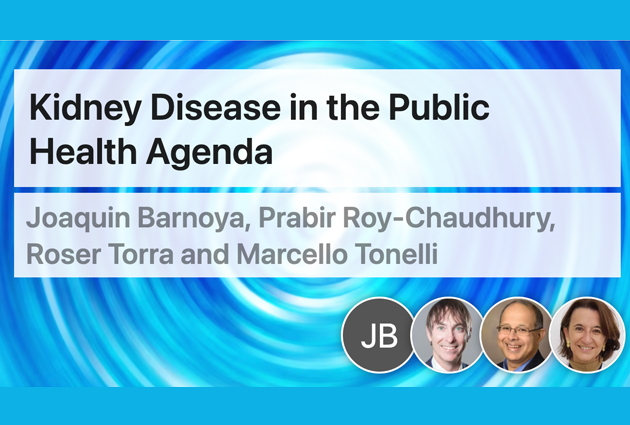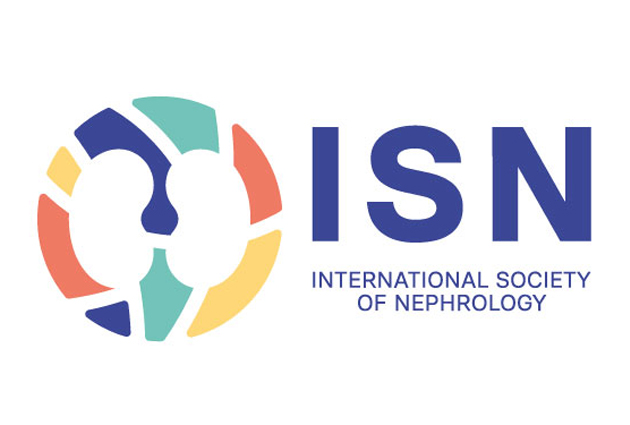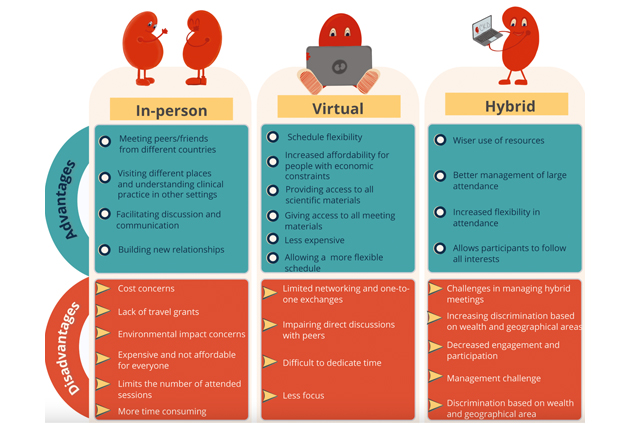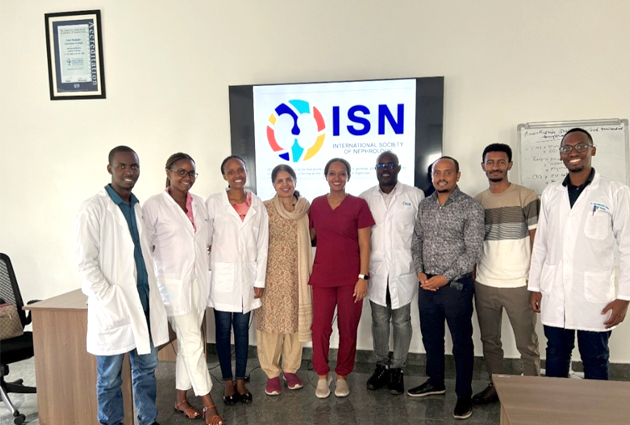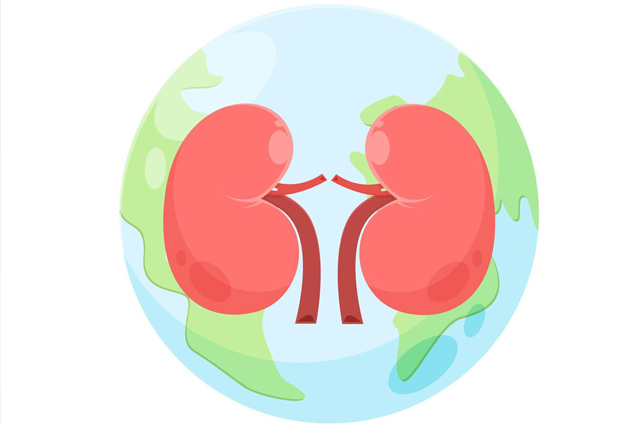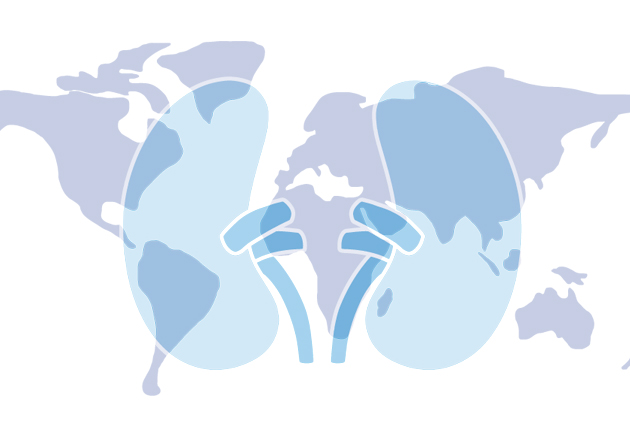ISN-ACT Global Trials Focus: Transplant, glomerular diseases and pediatric nephrology
In July 2019, the second series of clinical trials curated by the ISN Advancing Clinical Trials (ISN-ACT) team will get us thinking about nephrology research and encourage more discussion about transplant, glomerular diseases and pediatric nephrology: from the role of EPO post-transplant, tacrolimus dosing in Asian transplant recipients to the optimal duration of steroids in pediatric nephrotic syndrome.
The ISN-ACT team has collected some of the latest randomized research from nephrologists all around the world. Here, we focus on transplant, glomerular diseases and pediatric nephrology.
Join the debate @ISNeducation. Let us know if these trials will affect your practice? Are the results valid? How could the trials have been improved? What further studies are needed? If you would like to suggest any trials for inclusion in future editions, please send suggestions to research@theisn.org.
Read the main key points and outcomes of the following clinical trials. A list of all the ISN-ACT trial lists is also available on the ISN Academy, HERE.
EPO post-transplant does not affect eGFR in pilot study
There is a lack of evidence about the role of erythropoietin (EPO) after transplant. This pilot study aimed to explore the potential of targeting higher hemoglobin levels within the post-transplant period.
Key points
- Population: 55 patients, 3-months post-renal transplant with hemoglobin 90-115g/L
- Intervention vs Comparator: Epoetin-beta titrated to target 115-135g/L vs. no treatment
- Time: 2 years.
Outcome
There were no differences in eGFR, proteinuria or blood pressure.
The authors report improvement in one of eight domains of SF-36 quality of life (vitality).
In this pilot study, two years of epoetin therapy following renal transplant did not affect decline in eGFR. The effect on quality of life is difficult to judge given the limitations of this study.
Lower tacrolimus dosing feasible in low-risk Asian transplant recipients
A multicenter, randomized, open-label, parallel group, pilot, 52-week study in Asian countries that assessed the renal function, efficacy, and safety of reduced-exposure versus standard-exposure prolonged-release (PR) tacrolimus in adult kidney transplant recipients.
Key points
- Population: 66 low immunological risk kidney transplant recipients; all received basiliximab induction, mycophenolate and corticosteroids, and tacrolimus targeted to 6-10ng/L for weeks 1-4
- Intervention vs Comparator: Reduced dose PR tacrolimus [trough 4-6ng/L wk 4-12, then 3-5ng/L wk 12-52] vs. standard dose PR tacrolimus [trough 6-10 wk 4-52]
- Time: 52 weeks.
Outcome
There was no difference in the primary outcome of eGFR at 52 weeks and no differences in acute rejection (4 vs. 3), de-novo DSA at 52 weeks (3 vs. 2 participants) or adverse events.
In this small study, at one-year post-transplant, showed reduced-dose prolonged-release tacrolimus was as effective as standard-dose in Asian kidney transplant recipients with low-immunologic risk.
Longer courses of prednisolone might lower healthcare costs but do not affect relapse rate in childhood nephrotic syndrome
An eight-week course of steroids is commonly used for childhood steroid sensitive nephrotic syndrome (SSNS) although guidelines favor a longer course. This study compared the effects of an eight-week course to a sixteen-week course in terms of relapse rate, adverse events and healthcare cost.
Key points
- Population: 237 children aged 1 to 14, with a first episode of SSNS
- Intervention vs Comparator: 16 weeks of prednisolone vs. 8 weeks of prednisolone
- Time: 24 months.
Outcome
There was no significant difference in time to first relapse (HR 0.87, 95% CI 0.65 to 1.17, P=0.28).
There was no difference in the incidence of frequently relapsing nephrotic syndrome, steroid dependence or use of alternative immunosuppressive treatment, nor in adverse event rates (17% extended course vs. 25% standard, P=0.13).
There was a cost saving in the longer tapering arm (difference -£1673, 95% CI -£3455 to £109).
Clinical outcomes appear similar between eight- and 16-week courses of corticosteroids for pediatric steroid responsive nephrotic syndrome. A cost benefit to the healthcare system was estimated for the longer treatment course, mainly due to reduced healthcare encounters over the follow-up period.
About the ISN-ACT monthly clinical trial list
The ISN-ACT sets out to leverage existing infrastructures within ISN, in order to improve global nephrology community participation in clinical trial research, through a series of activities and initiatives.



